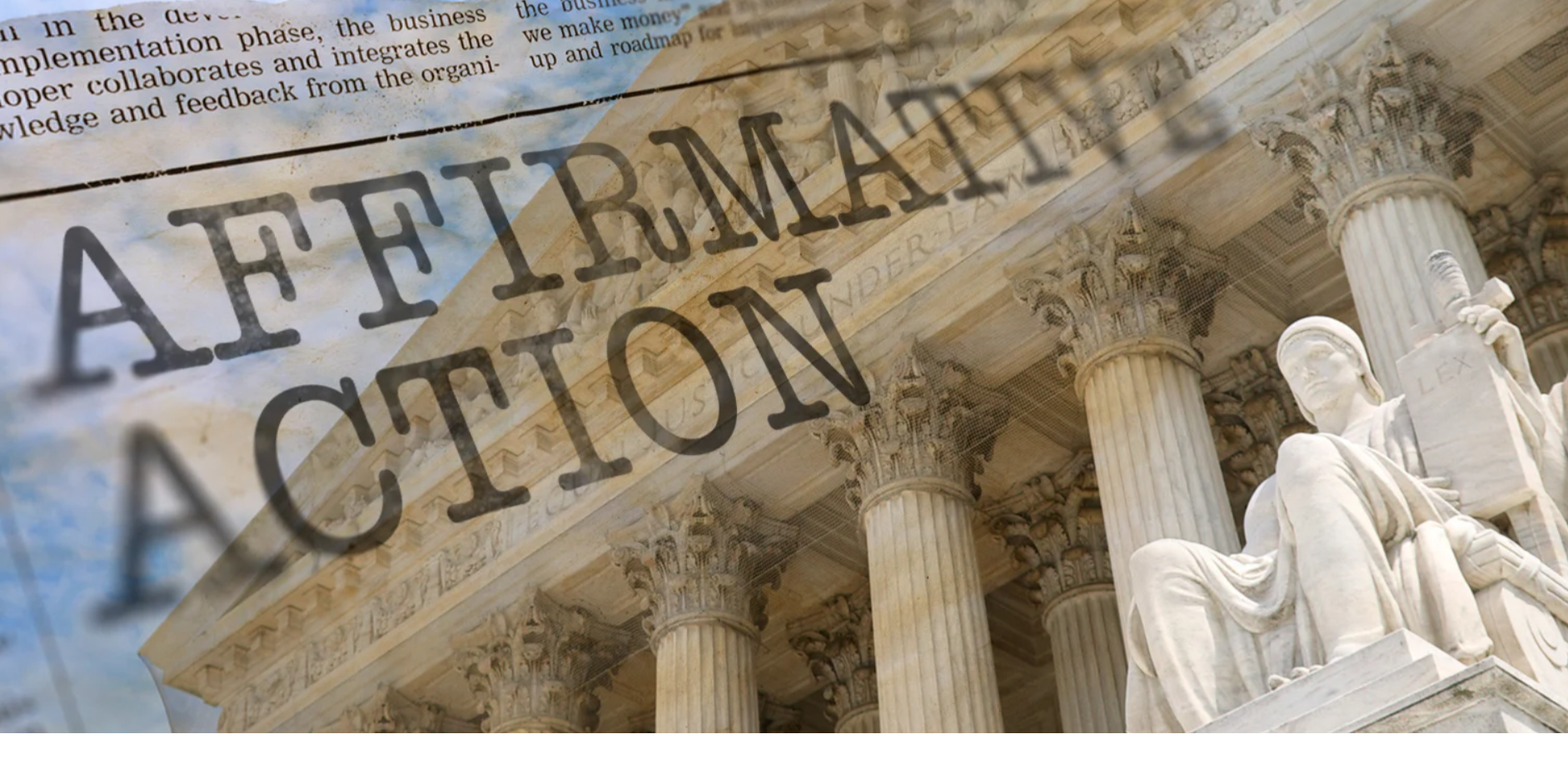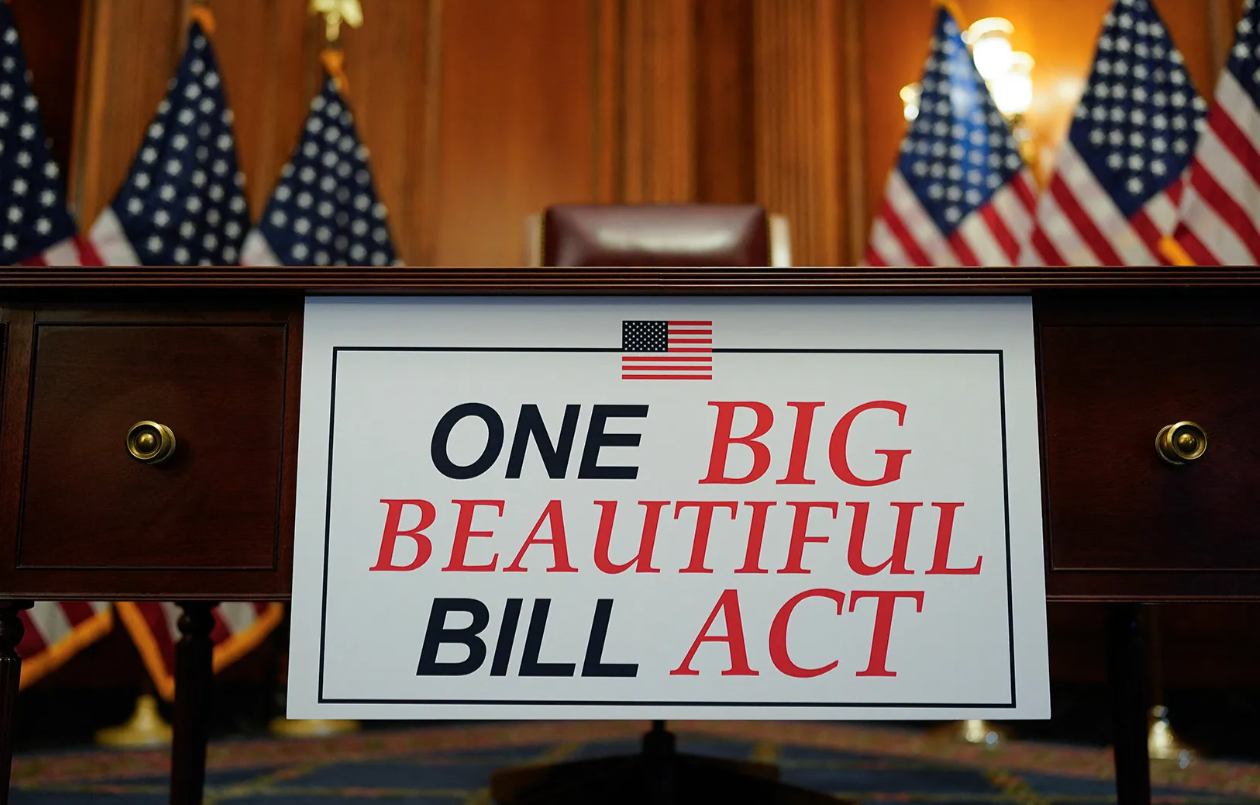(ThyBlackMan.com) Were you cognizant of the fact that Mr. Trump, in his incumbency, proffered a grand sum of 234 judicial nominees, encompassing 3 esteemed justices for the Supreme Court? This distinctive achievement bestows upon him the distinction of having appointed the greatest number of judges within a solitary presidential term since the era of Herbert Hoover. Perhaps this premonition hints at his prescient awareness of the impending legal quandaries that lay ahead, or perchance it was an orchestrated endeavor on his part to fervently embody the ethos of the resounding “Make America Great Again” crusade.

I’ve never felt comfortable with the slogan because I can’t get an accurate response on the time frame that he is referring to. The subject of inquiry revolves around the temporal extent under discussion, as the regression into the past becomes more pronounced. Concurrently, a noteworthy observation emerges, suggesting that as the chronology recedes, the conditions more readily favor the most indolent and cunning faction among the American populace, namely, the white male demographic.
The first decision these judges made to put the rest of us on notice that it’s still a “white man’s world” was the overturning of Roe Vs. Wade. While most women felt a surge of outrage, Mary Miller, a Republican from Illinois, had this to say at a rally with former President Trump on Saturday, June 25, 2022, after the Supreme Court overturned Roe v. Wade, “ Thank you Mr. Trump, for this historic victory for WHITE life.” Her praises to Mr. Trump were due to the conservative appointment of The Judges.
I posit that this introductory exposition aptly provides a contextual framework for comprehending the most recent pronouncement from the Supreme Court, which effectively terminates the practice of Affirmative Action at two prominent institutions of higher learning. As a proud HBCU graduate, I personally don’t like either side of the debate, one side being that special provisions should be made for people of color to be included at universities and colleges (a handout) and I especially despise the other side or rouse that the decision was a victory for “colorblindness,” (a twisted version of reverse racism) Both arguments center on ignorance and a huge pile of stank bullshit.
The prevailing ignorance manifests itself in America’s persistent refusal to acknowledge the existence of racism. Such steadfast denial blinds us to the stark reality that there exist individuals actively engaged in obfuscating the nation’s racist legacy under the guise of a contentious discourse termed “Critical Race Theory”. There have been periods in America history where a significant portion of Americans suffered under the deluded conviction that the scourge of racism had actually been eradicated. Without this precedent, the call for bullshit could perhaps be debated.
However, the oppression of racism, was supposedly over during three specific time periods: Reconstruction, the Civil Rights Era and following the election of Mr. Obama. We appear to be lingering on the cusp of the last one, affected by mild cases of amnesia between “officer involved shootings”. What’s interesting to note is that at all three time periods, The Judges always have the final say in reminding people of color that racism is still alive and well. During the period of Reconstruction, when the illusion of post-racial harmony prevailed, The Judges, in their profound wisdom, reached a pivotal determination in the case of Plessy v. Ferguson, thereby affirming the constitutionality of racial segregation through the doctrine of “separate but equal.”
In the next era widely perceived as the culmination of racial progress, known as the Civil Rights era, The Judges rendered a significant verdict in Regents of the University of California v. Bakke (1978), which dealt a considerable blow to the nascent affirmative action endeavor. This ruling imposed greater obstacles for educational institutions in considering race as a factor in their admission processes, subsequently resulting in a notable decrease in the enrollment of minority students within these establishments.
Finally, when the illusion of post-racial utopia ostensibly materialized with the election of a person of color as President, breaking the long-standing barrier of an erstwhile exclusive white male standard, The Judges of the Supreme Court made a momentous decision in Shelby County v. Holder. In this landmark ruling, a critical provision of the seminal Voting Rights Act of 1965 was struck down, potentially casting a pall of uncertainty upon the safeguarding of voting rights for marginalized communities. The provision required states with a history of discrimination to get federal approval before making changes to their voting laws. The decision made it easier for states to restrict voting rights, and it has been blamed for the decline in voter turnout among African Americans.
Critical race theory (CRT) is a body of legal scholarship that examines the intersection of race and law in the United States. CRT argues that racism is not simply the product of individual bias or prejudice, but is also embedded in legal systems and institutions. As a supporter of critical race theory, am I surprised by The Judges ruling or their self righteous attempt to even the playing field? Of course not, this is America.
Staff Writer; Janga Bussaja
One may contact this brother at; JangaB@ThyBlackMan.com.

















Leave a Reply